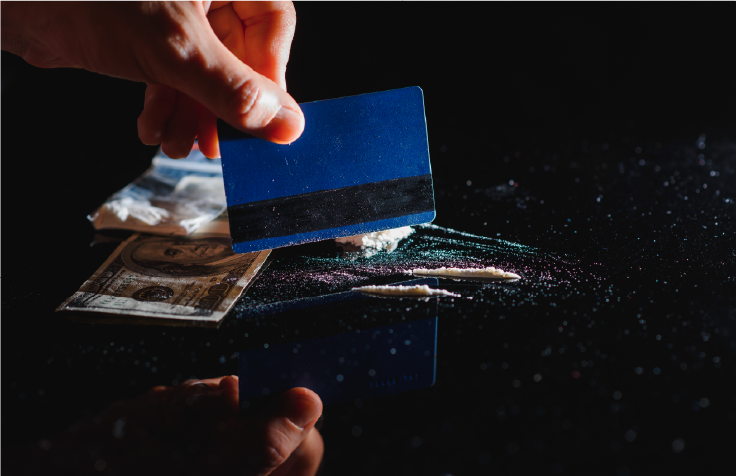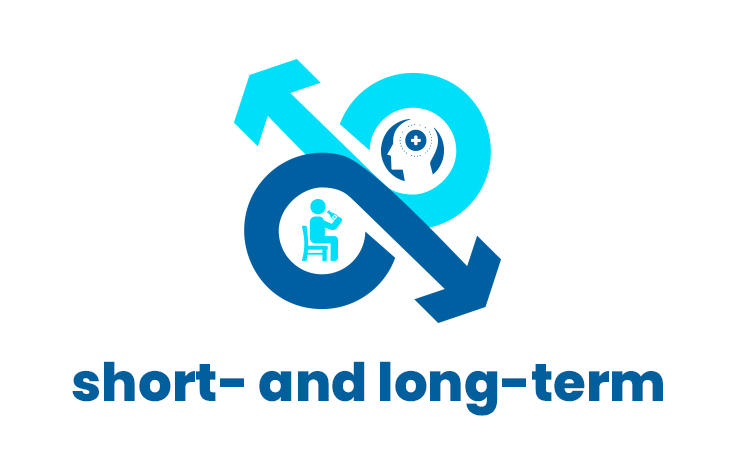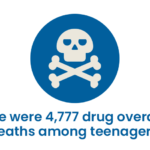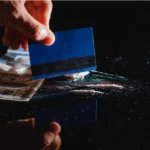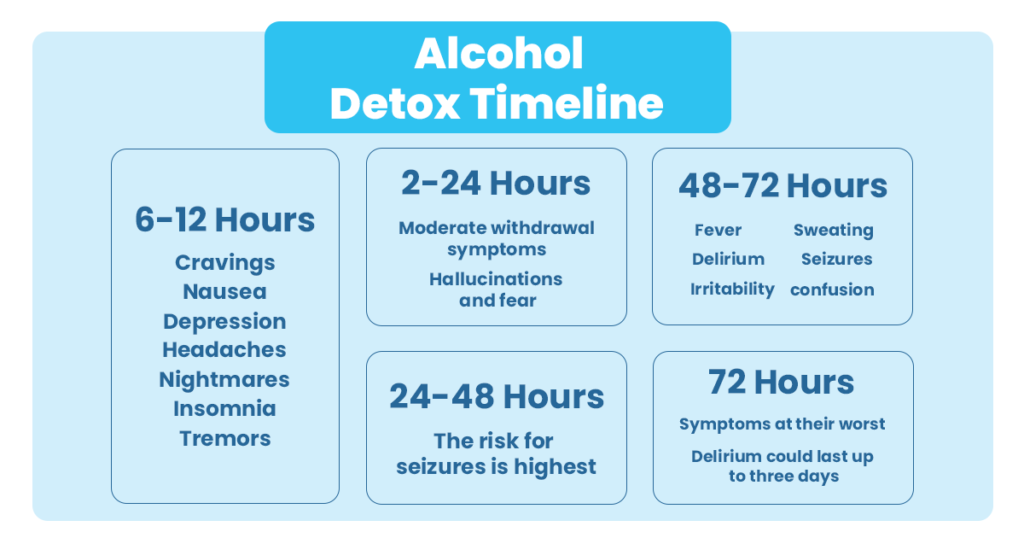
After abstaining from alcohol for just a few hours, detoxification can begin. Heavy drinkers are more likely to have withdrawal symptoms and must undergo medically assisted detox for a safe and secure experience. Before beginning detox, patients will undergo an examination to create a plan tailored to their individual needs. The evaluation includes interviews and blood testing to determine the extent of their addiction.
The full spectrum of alcohol withdrawal symptoms may last a few hours or linger for weeks. Medication administered by a doctor follows a careful detox process. The onset of symptoms occurs anywhere from 6 to 24 hours following the previous alcohol consumption. However, it is impossible to establish an exact regimen because of the numerous factors that may affect alcohol withdrawal.
Alcohol Withdrawal Severity
Though some people may suffer milder withdrawal symptoms, everyone is different. More severe withdrawal symptoms are more likely if you have:
- Past withdrawal experiences
- Drinking for an extended period of time
- Existing health problems
Although the precise order of alcohol withdrawal symptoms varies from person to person, there are generally four phases.
Stages of Withdrawal
The initial phase lasts between six and twelve hours and is characterized by the onset of symptoms like headaches and anxiety. Moreover, it involves stomach pains, insomnia, decreased appetite, and nausea. In this phase, a detox plan is well executed to control symptoms making you feel relaxed.
The second stage of withdrawal occurs 12 to 48 hours after the first. It is characterized by increasingly severe symptoms such as hallucinations and seizures.
Stage three withdrawal symptoms can appear anywhere from 48 to 72 hours later. This stage includes potentially fatal fever, sweating, and confusion. These symptoms may include rapid heart rate, high blood pressure, and delirium tremens.
During this stage of withdrawal, medical attention is necessary for a person as symptoms of alcohol withdrawal. After 72 hours, you notice that your withdrawal symptoms are beginning to ease, which will continue to get better over the next four to seven days.
Side-effects of Withdrawal After Detox Completion
Long-term sobriety after alcoholism treatment depends on the extent of organ damage and whether the recovering alcoholic resumes drinking. After treatment, patients may experience sleep problems, mood swings, and poor energy levels. Medical professionals will ensure that the patient recovers from alcohol addiction, but there is always a chance of feeling mild symptoms. Medical professionals aim to make the process as comfortable as possible.
Patients who start drinking significantly raise their odds of developing severe health problems such as liver, heart, and neurological damage or even mental health disorders, including other medical conditions like other illnesses.
Due to alcohol being one of the most harmful substances to detox from, alcohol withdrawal can be fatal. Substance abuse and dependency may necessitate close medical supervision throughout detox since severe withdrawal symptoms might occur when you leave alcohol.
While it is true that psychological problems often accompany severe alcohol dependence, the need to physically purge oneself of the effects of alcohol is emphasized in detoxification. Low spirits, nervousness, and erratic emotions are all contributors.
After Detox
It is recommended that patients move on to addiction therapy after they have completed medical detox, as it is the integral and initial step in the recovery phase. It is significant to know the overdose and ways to get clean.
Depending on the patient’s condition and financial situation, treatment may be administered, inpatient or outpatient. There, they will engage in a wide range of therapeutic activities designed to help them recognize and change the emotional and behavioral patterns that have led to their alcoholism and to teach them new, healthier ways to manage stressful situations.
Participating in aftercare programs may help those who have completed primary treatment for alcohol use disorder (AUD) maintain their sobriety and transition to life outside treatment. An effective plan ensures that symptoms of withdrawal are relieved effectively.
Frequently Asked Questions
How long does it take to reset your body from alcohol?
After 9 hours of your last drink, your withdrawal symptoms can start to occur, and after that, 24 to 72 hours, you will experience more severe symptoms. After 5 to 7 days, the symptoms begin to get decrease.
Does the body recover when you stop drinking?
When you leave drinking alcohol, your body gets the chance to recover from such a condition, but you might get into such a condition again, so it is essential to consult your doctor when you are planning to quit alcohol.
What happens in alcohol detox?
The alcohol detox is a primary and vital step to get yourself recovering from an alcohol problem or alcoholism. Through detox, alcohol remaining is flushed out of your body.
Break Free From Addiction With the Haven
Detoxing can be a painful process, but it is an integral part of the recovery process. At The Haven, our medical team aims to make the experience as comfortable as possible. Our facility provides our patients with a safe and secure environment, including luxurious amenities and 24/7 access to the medical care they need.
Work with our team to create a treatment plan tailored to your needs. If you or a loved one is battling an addiction, do not hesitate to contact The Haven for a comfortable detox experience.
Call now at (561)-328-8627 for more information.


